Insights
Cooking up the perfect website: digital agency vs. freelancer
.jpeg)
Should you hire a freelancer or an agency for your web design project?
Hiring a web designer is like choosing a chef. You could go for that newbie with a food truck (sometimes with surprising and delightful outcomes) or you could opt for a team of skilled chefs from a five-star restaurant, with each member having their own specialty.
Your choice depends on what kind of night you want to have, how much money is in your pocket, and what exactly is at stake.
So what is the difference between a freelance web designer and a web design agency?
When you hire a web design agency over a freelancer, you typically get more accountability, more people working on your project, and a quicker turn-around time - usually at a higher cost.
But it’s also more complicated than that. Let’s take a closer look.

When it comes to web design, more experience is undoubtedly better. So who takes the cake on this one: freelancer or web design agency?
Freelancer
While some individuals come equipped with a wealth of experience, they often have a singular approach. So whatever technology an individual web designer is most comfortable with is likely what they’ll be selling to you, even if it’s not the best solution for you. Getting good at something takes time, and staying cutting edge while you're trying to make a living isn’t easy. You can’t reasonably expect one person to know every option there is out there … and which option will work best … and for whom.
Part of being a freelancer is making things work, even when they don’t (or shouldn't). Creating a new website requires design, coding, copywriting, media procurement, knowledge of SEO and a lot of other skills. Would you trust your gardener to fix a blown fuse in your furnace? Probably not. And you probably shouldn’t have a web designer do it either.
Agency
Working with a web design agency, you get the benefits of a collective pool of experience. When a web agency is full-service - meaning they do everything from the design, development, copywriting, SEO and post-production digital marketing - this can be especially handy.
Imagine a team that's faced every web challenge imaginable, from ecommerce integration to the fickleness of ever-evolving SEO standards. In a successful agency, each person is mindful of the effects that any decision may have on the part they play - and they are able to address problems long before they even arise.
Because you have individuals within an agency focusing on what they’re good at, as opposed to jumping between half-developed skills, the work also gets done more efficiently. Even those hard-to-solve problems become commonplace for an expert, without the need to deepdive (or often belly flop) into time-consuming research that a less experienced person would need to do to solve the same problem.
So who wins this round?
When it comes to having well-rounded, valuable experience, an individual freelancer just can’t touch the team approach that a web design agency is able to offer.
The creative minds: one vs. many
Love garlic? Dumb question - who doesn't.
If garlic were the only spice you ever put in recipes, you might think it was amazing all on its own (and it is). But what happens when you mix other flavors with it? Salt, pepper, a squeeze of lemon, some red chili flakes…
Now we’re cooking.
Your freelancer? They’re garlic.
Even if you really love working with garlic, er ... I mean, a freelancer … diverse perspectives lead to richer ideas and more dynamic flavors.

There are just some things garlic can never be on its own, no matter how hard it tries.
Okay, enough about the garlic, let’s get back to the question: When it comes to creativity, which is better: a freelancer or a web design agency?
Freelancer creativity
While working solo can lead to deeper levels of concentration and efficiency, it also means that the only person to bounce ideas off of is often yourself. That approach doesn’t always lead to the best ideas (although it sometimes can), and it’s easy for things to be missed.
When the only person pushing you to learn more or break out of the ordinary is yourself, the likelihood of either of those things happening goes way down.
Agency creativity
That’s because working in a team leads to fancy sounding terms like “cross-functional knowledge sharing” and “collaborative creativity”. Essentially, different team members bring expertise from different perspectives which often leads to better outcomes.

With collaboration, you also have a natural system of checks and balances where team members push each other to think about problems differently. It’s easy to end up in a creative slump when you’re on your own but when you’re working with others, un-slumping yourself is more easily done. Because when everyone is working toward the best possible shared outcome (and there is a little bit of healthy competition), everyone is pushed to do better.
A real world example:
We work with a franchise company that does home maintenance. There are around 100 locations across the United States, and each franchise owner needs the ability to access their own area of the website, update content, create advertisements and monitor traffic. Our developers and SEO experts worked together to solve this problem, which called for adding a custom field in the CMS, adding various levels of account management, and setting up a complicated system of Google Tag Manager accounts with varying levels of permissions. Without this day one collaboration, the solution would have been less optimal, and would have required time to go back and make costly corrections later in the process.
The potential fallback of more than one creative mind? Wasting time. We’ve all encountered that one person - the CDO (Chief Distraction Officer) - whose only job may be to disrupt everyone around them. For collaboration to work well, it needs to be able to thrive, but it can’t be without limits.

Is there a sure-fire way to know for sure if an agency you’re going to hire gets this balance right? Well, it might not matter. Afterall, unless you're paying by the hour (which is typically not the case with an agency) the time they’re wasting is on their dime, not yours.
Which leads us to the next point.
Cost and value
While it's tempting to chase bargains, you’ve got to consider long-term ROI. A 2019 study by GoGulf stated that 75% of consumers judge a company's credibility based on its website's design. That’s a lot of potential business to lose if people look at your website and think “yikes” because all that yikes is going to get passed along to you.
This one is probably pretty obvious, but I’m going to ask it anyway. When it comes to value, is a freelance web designer better or a web design agency?
Freelancer value
It’s no surprise that a freelance web designer is probably going to be cheaper than hiring a team of people.
At least at first.
Because, as my grandma used to say, "Sometimes cheap becomes expensive.”

And “cost” and “value” are two very different things. Cutting costs might mean sacrificing integral aspects like SEO or user experience. Unless you have found yourself a true diamond, it’s extremely unlikely that your web designer is going to do everything right.
Also, keep in mind that really good freelancers are usually:
A.) very busy
B.) not cheap (because why would they be?)
When it comes to hourly rate, numbers are across the board. A low-end is around $30 an hour up to around $80, and can easily be $200 or more an hour if you get into a freelancer who is in high demand or also does development. You’re also likely to have to juggle language barriers, and time zone differences, and assurances like insurance and warranties are few and far between. You’ll likely be dealing with a lot of plugins and very little customization.
If someone is promising you a 10-page website for $1,000, then how much is their time really worth to them?
Of course, if you’re bootstrapping and making your business work, it’s better to have some sort of website than none at all.
Keep in mind, as with anything else, you get what you pay for. If you have a unicycle budget, don’t expect to have a Lamborghini website.
Agency value

Initially pricier, but think of it as an investment. With a broader resource pool and more expertise, you're getting comprehensive value from a team of experts, as opposed to a patchwork of competence from a Jack-of-all-trades.
At Magnet, most of our website projects start around $20,000.
Some people gasp at that number, but that website will be weeks or months of strategy, custom design, highly performant and secure development, carefully curated content, plus the things that actually make your website generate revenue, like SEO, rich snippets, and conversion-oriented copy (just to name a few). We carefully consider things like security, accessibility (internal link to blog), user experience, responsiveness, color theory, customer tracking and funnels, and a lot of other things that one person simply can’t get right on their own.

Keeping up with technology
The web design world is like a tech runway – what’s in vogue today may be passé tomorrow. Beyond that, whoever is doing the work needs to have enough experience and knowledge to embrace the right technology without adopting every shiny new piece of technology that comes their way.
Why? Because ultimately, a lot of those will fail. If your website is built with a failing solution, it’s going to cost you big bucks to fix down the line.
So, when it comes to technology, who pulls ahead: Freelance web developers or web development agencies?
Web design freelancer
9.9 times out of 10 a freelance web designer is going to recommend the solution that they know the best.
But is that always a bad thing?
Not necessarily.
Sometimes you know what technology you want to use for your project. When that's the case, hiring a freelancer with the exact set of skills that you're looking for can be a great thing. Someone who has worked in a particular framework for their entire career is more likely to be proficient in that technology.
However, without the same system of checks and balances that exist in an agency environment where there are multiple people with input, you might end up hiring someone who uses frameworks, plugins and other tools that are out-dated or no longer well-supported.
Web design agency
Agencies tend to have more people working together in collaboration on projects. One of the great advantages to this is the forward momentum that's created as team members share interests and information about what's happening and relevant in their world.
It's an unavoidable part of being in a modern agency.
Warranties and insurance
Warranties and insurance in web design? Yes, it's a thing! Let’s start by taking a closer look at what they actually mean.
What is a website warranty in web design?
Warranties are like promises that say, "Hey, we've got your back if this thing breaks down." While warranties offer peace of mind for specific products and their potential defects, terms and conditions apply. In other words: they're limited. They have a set duration and often come with a list of conditions longer than a toddler's Christmas wish list.
Why do I need insurance when hiring a web designer?
Insurance is broader than a warranty, covering a range of mishaps from hacks to disgruntled employees to accidents, and those "Oops, I did it again" moments. It's designed to shield both you and the web designer(s) you work with from major costs associated with problems.
So when it comes to your protection, who does it better: freelancers or web design agencies?
Freelancers
While freelancers can offer personalized tweaks and quick fixes, their warranties often come with expiration dates. And insurance? Well, let's just say it might be more of a handshake agreement than a written contract. If your website gets hacked or faces downtime, you might just get a "Whoops, my bad!" and a promise to do better next time.
It’s also likely you’ll run into an issue that your freelancer doesn’t know how to fix.
When that happens, it could mean downtime, expensive and stressful last minute contractors to fix the issue, and a lot of other potential headaches.
Web design agency
It’s probably not a big shock that agencies are more likely to offer warranties and insurance than freelancers. Higher cost of services means they are able to cover this sort of thing to protect the business.
Agencies often offer warranties in the form of post-launch support and monthly service retainers to ensure everything is working the way it should. They also typically have insurance to handle any untoward incidents or potential data breaches.
And what if your website goes down in the middle of the night?
An agency is much more likely to have around the clock monitoring and support for downtime and other issues than someone working on their own. They are also more likely to have immediate access to whatever people or tools are needed to fix it.

An eCommerce site that goes down for a few hours could mean many thousands of dollars of lost revenue. Backed by insurance, an agency can not only fix the problem faster, but they can also provide financial compensation for any potential losses.
So what kind of insurance should a web agency have?
Basic liability insurance
This covers things like bodily injury, property damage and all of the general terms you’d expect in an insurance policy. It comes into play mostly for things like copyright infringement and reputational harm (like slander) in terms of how it may affect your business. If your web designer (be it freelancer or an agency) wrongfully uses a copyrighted image, for example, as opposed to your company shelling out the money for a lawsuit, your web designer’s basic liability insurance should cover the claim.
Errors and Omissions (E&O) insurance
E&O insurance, often referred to as professional liability insurance, is specifically designed to protect businesses against claims of negligence, mistakes, or failures in the services they provide. When working with a web design/development agency, this could mean that you are compensated for claims that involve things like a website malfunction, coding errors, or missed deadlines that result in financial loss.
You’re of course able to make a legal claim against a company that doesn’t have insurance, but actually receiving payment is a whole different story.
Design: more than just a pretty face
Good design isn't just aesthetic; it affects user trust. This 2021 report indicates that 94% of first impressions on a website relate to its design.
Freelancer design
When it comes to Working with a freelancer for web design, you're likely to get a similar aesthetic across all types of sites that they create. This can be helpful if you find a designer whose style you really like. If all goes well, your design will end up close to what you were hoping for.
However, this can get you in trouble when your designer isn't development savvy. Oftentimes you will see portfolios from web designers with images created in Photoshop or similar graphic design tools. They may be beautiful, but a lot of times they aren't real functional websites.
Painting a pretty picture is one thing, but making that an interactive web experience is something else entirely.
Web agency design
Agencies usually have dedicated designers who know the importance of making a site that's both gorgeous and functional. Because there is likely more than one designer involved in the process, it can also mean a greater aptitude for targeting your particular audience.
For example, a law firm that focuses on creating wills for high-income clients over the age of 60 would likely have a very different design aesthetic to an environmentally friendly handbag company. Understanding design principles in general is important, but it's also equally - if not more important - to design in a way that resonates with your particular audience.

Whether you hire a web design freelancer or a web design agency, make sure that, as part of the design process, you are offered temperature checks: things like mood boarding and low-fidelity prototypes to ensure that your vision for the site and your designer’s vision are in alignment.
It’s all about the user - user experience (UX)
A well-structured site ensures that your users know how to move through your website without any friction and are able to accomplish what they went there to do.
And that is really important because websites that confuse people don’t convert.
Want proof?
A study by Forrester Research found that websites that are well designed for user-experience can lead to a 400% increase in conversion rates.
400%!
Insanity.
So who takes the cake when it comes to the user?
Freelance web designer
The internet is rich with beautifully designed websites (or website concepts) from freelancers on sites like Dribbble and Behance. They may win awards, but they don’t usually win customers. All those high-end, flashy, artistic sites are usually a bigger win for the designer’s ego than for their clients.
Keep in mind that just because a website is beautiful, it doesn’t mean it’s well designed.
People want predictability when it comes to web design. That doesn’t mean boring - but it means that when they interact with an element on your website, like a button for instance, it does what they expect it to.

Web agency
Now, just because you work with an agency over a freelancer doesn’t guarantee you a better user experience. With either path, you need to ensure that UX isn't an afterthought - it should be one of the guiding principles behind every design decision.
The difference is, with an agency, you can expect that someone on the team has education (and experience) in user experience research and implementation.
If no one does? My advice: look elsewhere.
Why? Because UX is one of the fundamental principles of effective web design (and arguably the most important for conversions), so if this isn’t addressed very early on in the conversation with whoever it is you’re hiring, they don’t care enough about it.
SEO: being the needle AND the haystack
If your website isn’t search engine optimized, you might as well be yelling into the wind to promote your business. That’s because, according to research done by Backlink.io, nearly 70% of all clicks on Google search go to the top 5 results, and only .63% of searchers click on something from the second page.

So who does SEO better? Freelancers or Agencies?
The answer might be neither.
Freelancer SEO
Even if you hit the web designer lottery and found a freelancer who not only has a great design aesthetic, but also a deep knowledge of user experience and extensive SEO experience, there is no way a single person can keep up with optimizing your site unless it is the only website they are working on.
I like to describe SEO as a process, a lot like getting in shape. If you bust your butt working out and finally achieve the body of your dreams, you don’t get to stop. Unless you keep up the hard work, that muffin top will come creeping back, and before you know it, you’ll have to buy new jeans.
In SEO, that “muffin top” is the second page of Google results. No one wants to be there.

Now, if you’re thinking, “No big deal, I can hire someone else to manage my SEO,” keep in mind that your designer, developer, content creators and SEO expert all need to communicate with each other in order to make an effective website. A lot of SEO fixes involve content changes or technical resolutions that only a developer can handle.
Getting a team of people to work together who don’t know each other, may have different opinions about a solution, be unresponsive for long periods of time, or be in different time zones can be a nightmare.
Web agency SEO
Again, when we talk about a web design agency they're not all created equally. If you hire a full service digital agency, SEO should be part of the package. In an ideal setup, your agency will have a combination of designers, developers, content creators, and UX and SEO experts who are used to working with each other, sharing feedback and insights, and getting things done quickly.
And because SEO is an ever-changing industry and set of skills, a team setup once again proves to be more powerful than one person working on their own, for all the reasons we mentioned before.
ADA compliance
One internet, under Google, with accessibility and justice for all
Ensuring your website is accessible to all, including those with disabilities, is not just good practice – it's often the law. In 2022, over 4,200 lawsuits were filed over website accessibility. You can read all about that in our recent blog post, Access Granted: Unraveling the Mysteries of Website Accessibility in 2023.
So, is there much of a difference between freelancers and agencies when it comes to website accessibility?
Freelancer ADA compliance
It’s highly unlikely that any one person you hire to create a website on your behalf is going to know the ins and outs of website accessibility. The WCAG (Website Content Accessibility Guidelines) is the guide on website accessibility, and it is over 80 pages in length, and was updated as recently as August of 2023. That is a lot of information for one person to understand and keep up with.
While some accessibility guidelines are easy fixes, like adding captions to audio videos, others require both design and development forethought. Meaning if you have a website designed by someone who doesn’t know any better, you could be in big (costly) trouble.
Web design agency ADA compliance
An agency is no exception here … unless they are.
A lot of agencies simply don’t bother when it comes to accessibility, and a lot more will say things like “we consider accessibility throughout the process” or “ADA compliance is very important to us”.
What’s that worth to you?
A hill of beans.
And I don’t mean the kind that grows magic beanstalks.
If compliance isn’t something you really care about, it should be. More than ¾ companies sued for lack of accessibility in 2023 were businesses under the $25 million mark. That’s largely because the big guys have 1.) already been sued and 2.) have the budgets and the resources to be compliant (or deal with the lawsuits). It’s the smaller companies that need to watch out now.

So how do you ensure your website doesn’t meet this terrible fate?
Before hiring an agency, make sure they don’t simply care about accessibility, but that they can actually ensure your website meets the standard that you set out for. A good agency will know the difference between level A and level AAA compliance and have the know-how to guide you on the right path.
Conclusion: the web-solution spectrum
Should you hire a freelance web designer or a web design agency?
Much like choosing between a Michelin-star restaurant and a talented home cook, the decision boils down to your needs, budget, and desired outcomes.
At the end of the day, if you don’t have a big budget and are willing to do some of the work yourself, a freelancer will provide you with the basics needed to give your customers a place to go, at the very least.
Even an okay website is better than no website at all.
So if all you can afford is okay - start there. Hire the people you can afford to do the things you can’t do, and bootstrap what you need to. After all, you can always spruce things up later. But consider your budget carefully. Your website might just be the most important investment you make in your company.

However, if you’re a company that depends on ecommerce sales or could benefit from online lead generation, don’t skimp on your website. When done right, a website has the power to be your best salesperson and biggest brand advocate.
And when it comes to doing things the right way for your site, consider all the things mentioned above. Missing one of those areas is enough to throw an entire website off balance, and in effect, an entire company.
Is it worth it to hire a web designer?
It depends on the project, your business and the designer. If you have a small business and don’t require much in terms of a website, solutions like Squarespace and Wix might be all you need. If you go this route here are a few recommendations:
- Only embark on this journey if you are somewhat tech-savvy
- Use the provided templates
- Learn about SEO and make sure you do those things
- Ensure your site works good and looks good on mobile
- Spend time watching tutorials on setting up your site properly
When is it better to hire a freelance web designer vs an agency?
If you have a small company and not much budget, hiring a freelancer might be your best (or only) option. It’s also important to keep in mind that although you’ll spend less on a freelancer, you’ll likely only be getting some of the very important things you need from your website.
Without crucial content creation, UX, SEO and all of the other things mentioned above, there really isn’t much point in having a website unless you don’t really care if people visit it (and then why bother in the first place?).
What should I look for when hiring a web design agency?
When choosing an agency there are a few things you should look for and ask before hiring them.
- Check out their portfolio. A successful agency should have examples of websites they have created. Make sure you like their style.
- Process. A web design project should not be a free-for-all. You should know exactly what to expect during each phase of your project.
- Know what they offer (and what they don’t). Design, development, UX, accessibility, content creation, SEO, SEM, SMM, photography, support … the list goes on. See what the agency offers and what you’ll have to outsource yourself.
- Ask about security and downtime. A seasoned agency should not only have a stance on building things in a secure manner, they should also have policies in place, should your site ever go down unexpectedly.
- Understand the technology they’re offering. There is essentially a limitless combination of technologies that can be put together to create a website or software. During the proposal phase, ask the agency to walk you through the technology: the costs, longevity, popularity, availability of support, how much experience they have with it, what other companies are using it and any potential downfalls.
- Ask about warranties and insurance. Make sure they are covered if any issues come up so that you’re covered too.
- Does the timeline work for you? Make sure that whatever timeline is being proposed works for you. Ask how the agency handles situations where deliverables are late.
- Ask for reviews. Most agencies will have reviews listed on their website from previous customers. Do a bit of digging to make sure those are real people, and look for external sources like Google, Facebook, and LinkedIn.
- A budget that works for you. Don’t be afraid to ask about the price. A simple site might only cost a few thousand dollars whereas some software costs many millions. At Magnet, we will often do release iterations so we can get a site live and add features down the line once a revenue stream is better established.
- Understand payment terms. Know when payment is expected and what happens if deadlines are not met or the project stalls out halfway through.
- Make sure you jive. You’ll likely spend quite a bit of time with the people in a web agency. Make sure you get along, you like them and there are no weird gut feelings going on.
How do I choose a website design agency?
Look for an agency that offers everything you want. Don’t be afraid to speak to more than one agency about a project and get multiple quotes. Check reviews. Do a little digging on people in the company to make sure they are real and decent. If a mugshot is the first thing you see when you Google an agency owner, you might want to look around - just saying.
Look for professionalism and a design aesthetic you like. Have a conversation with the people you’ll be working with. Make sure you like them.
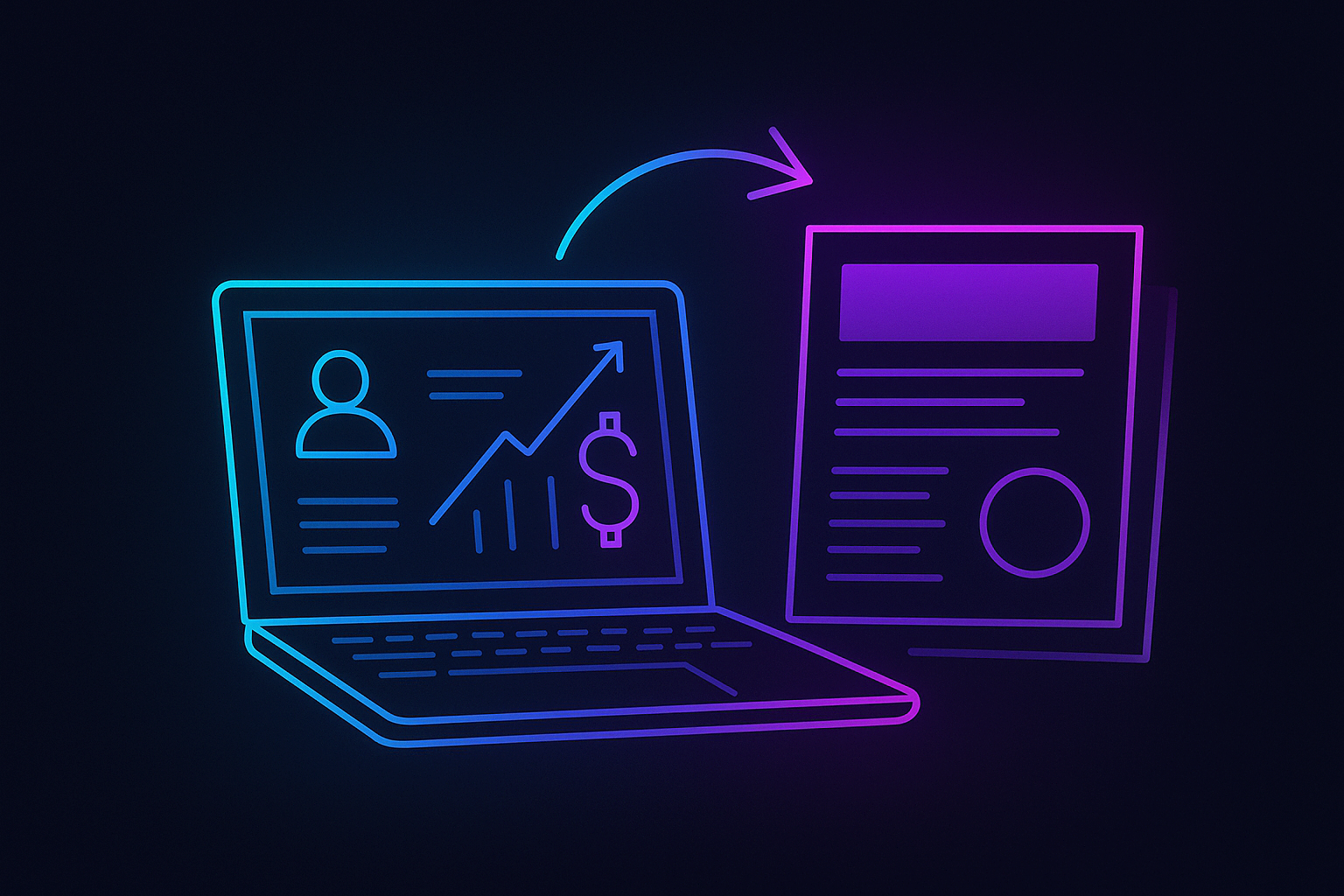

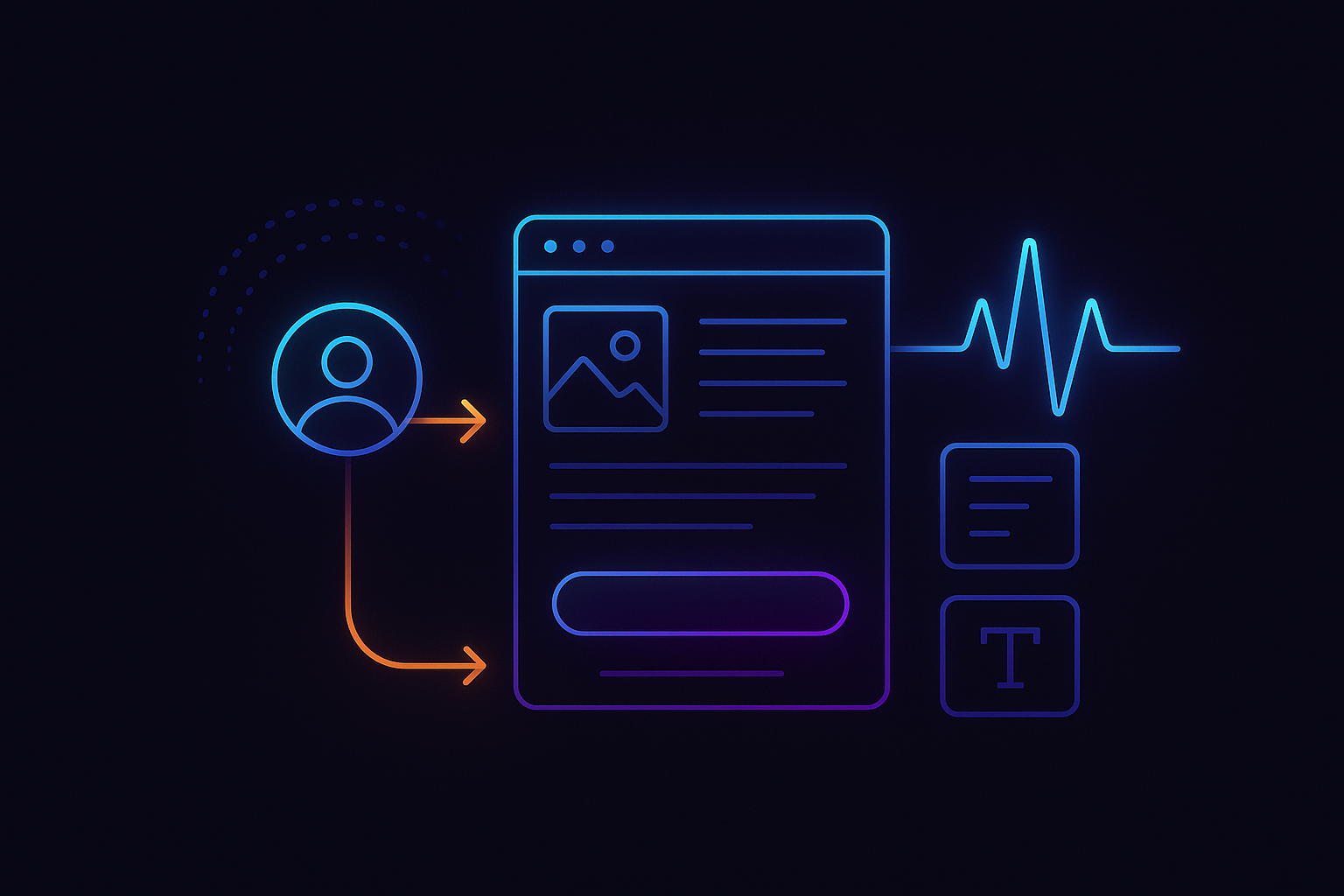
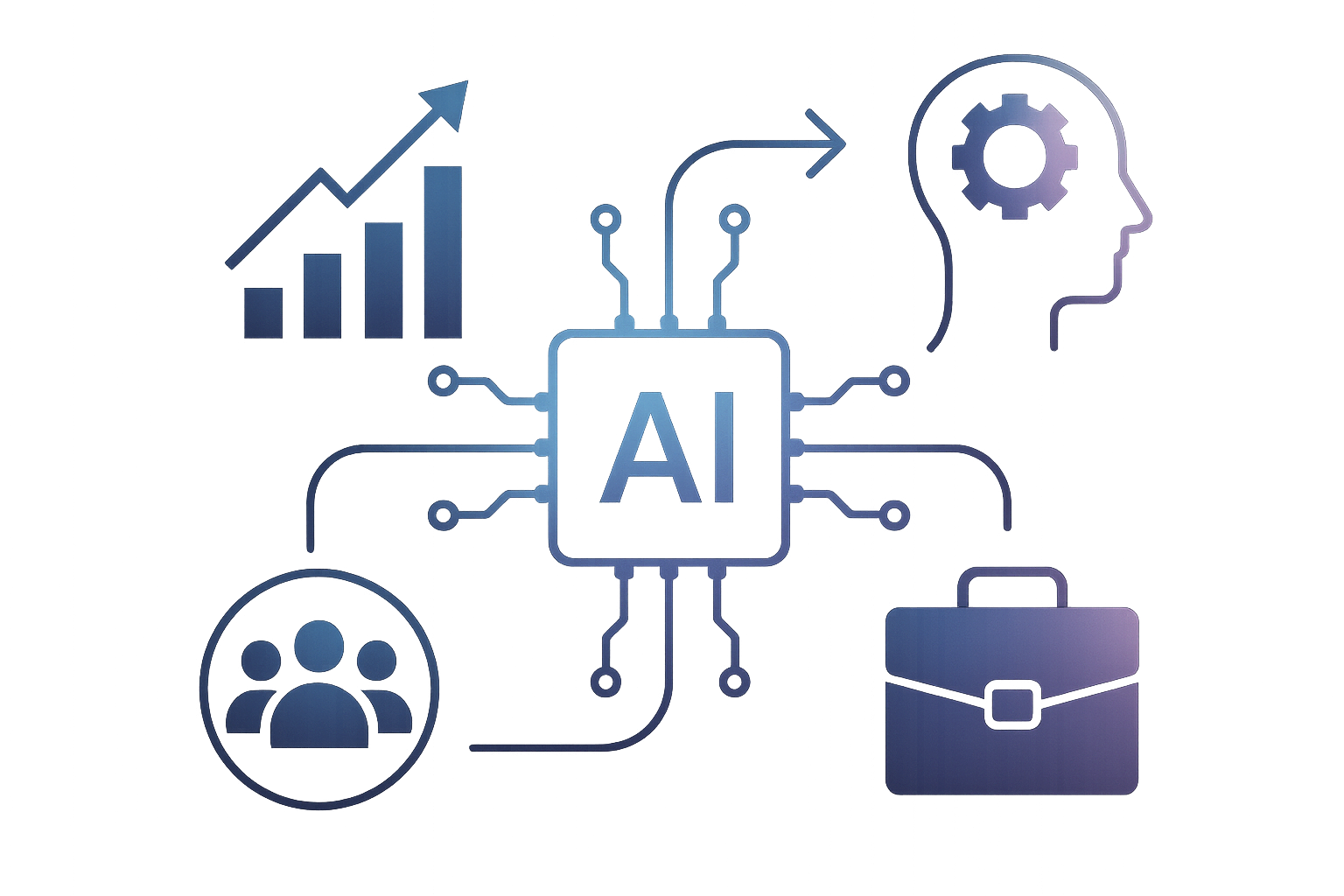
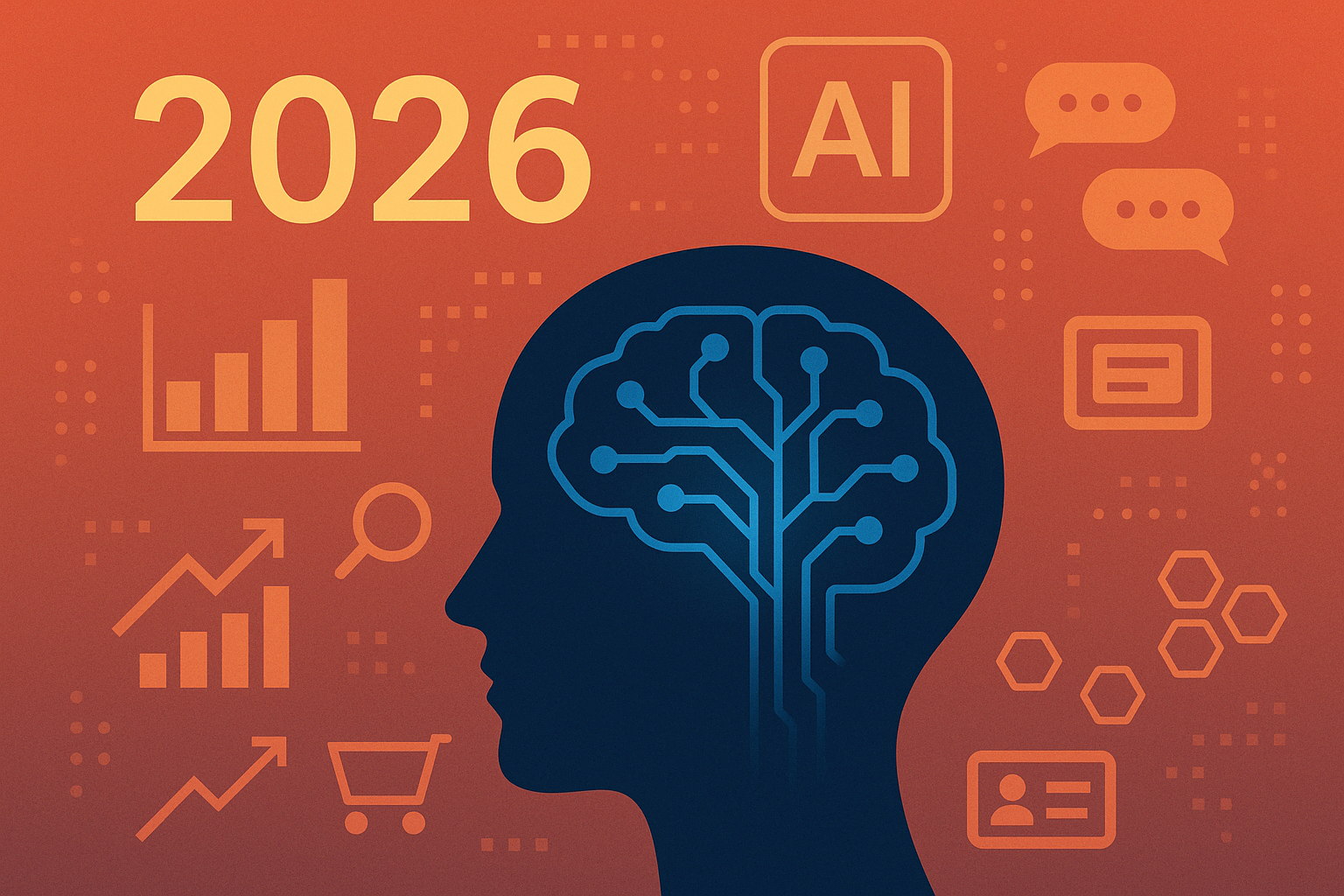


















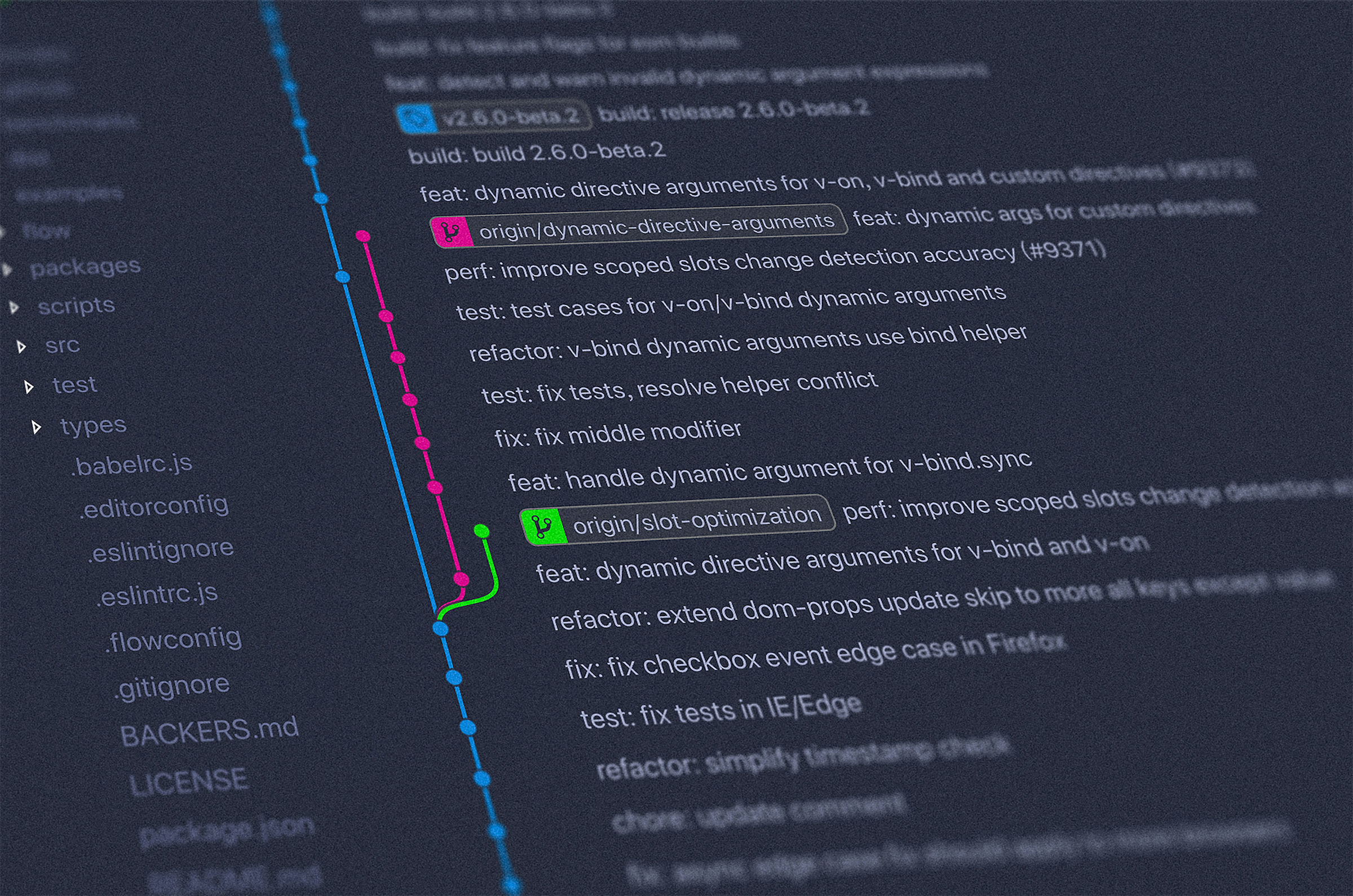






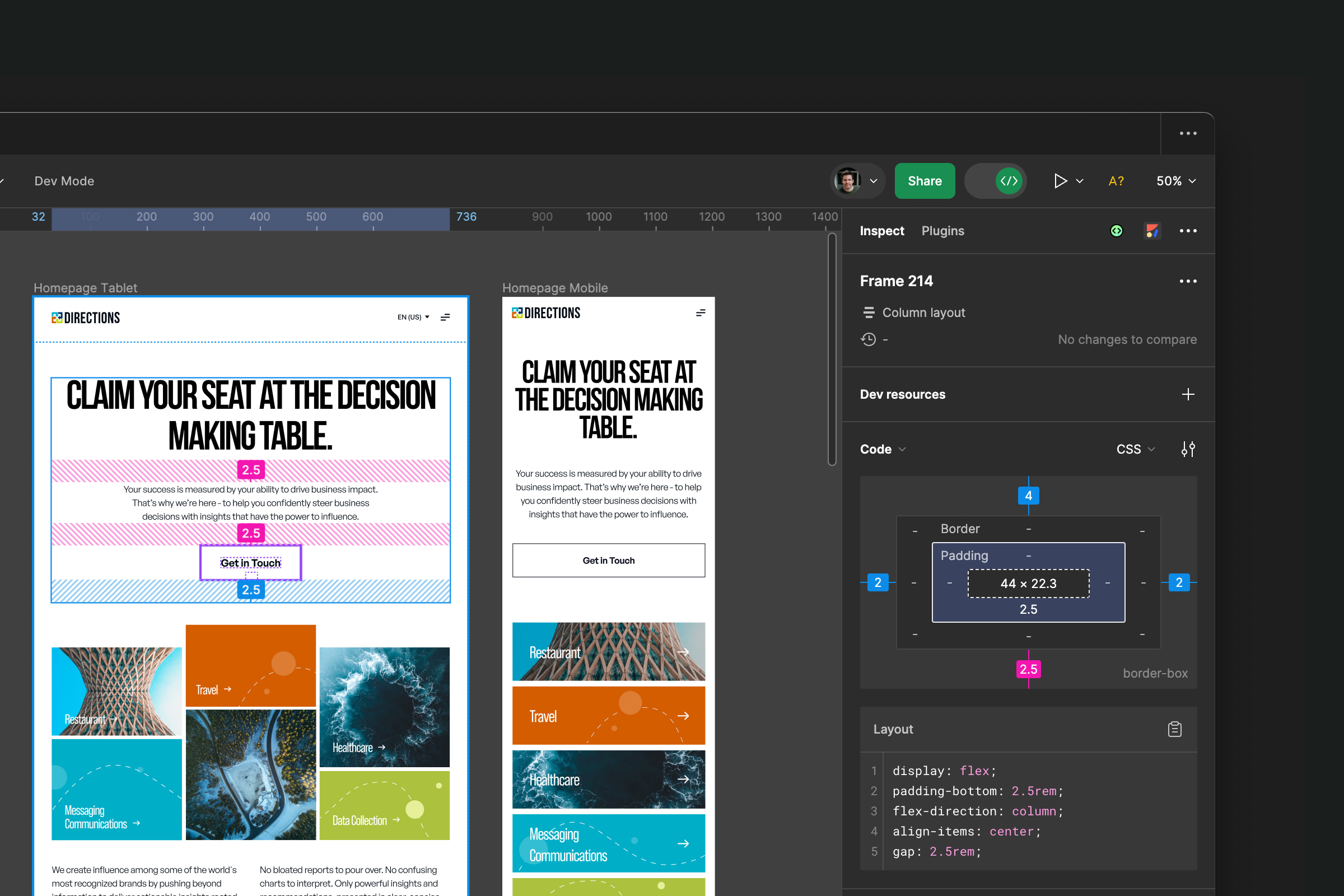
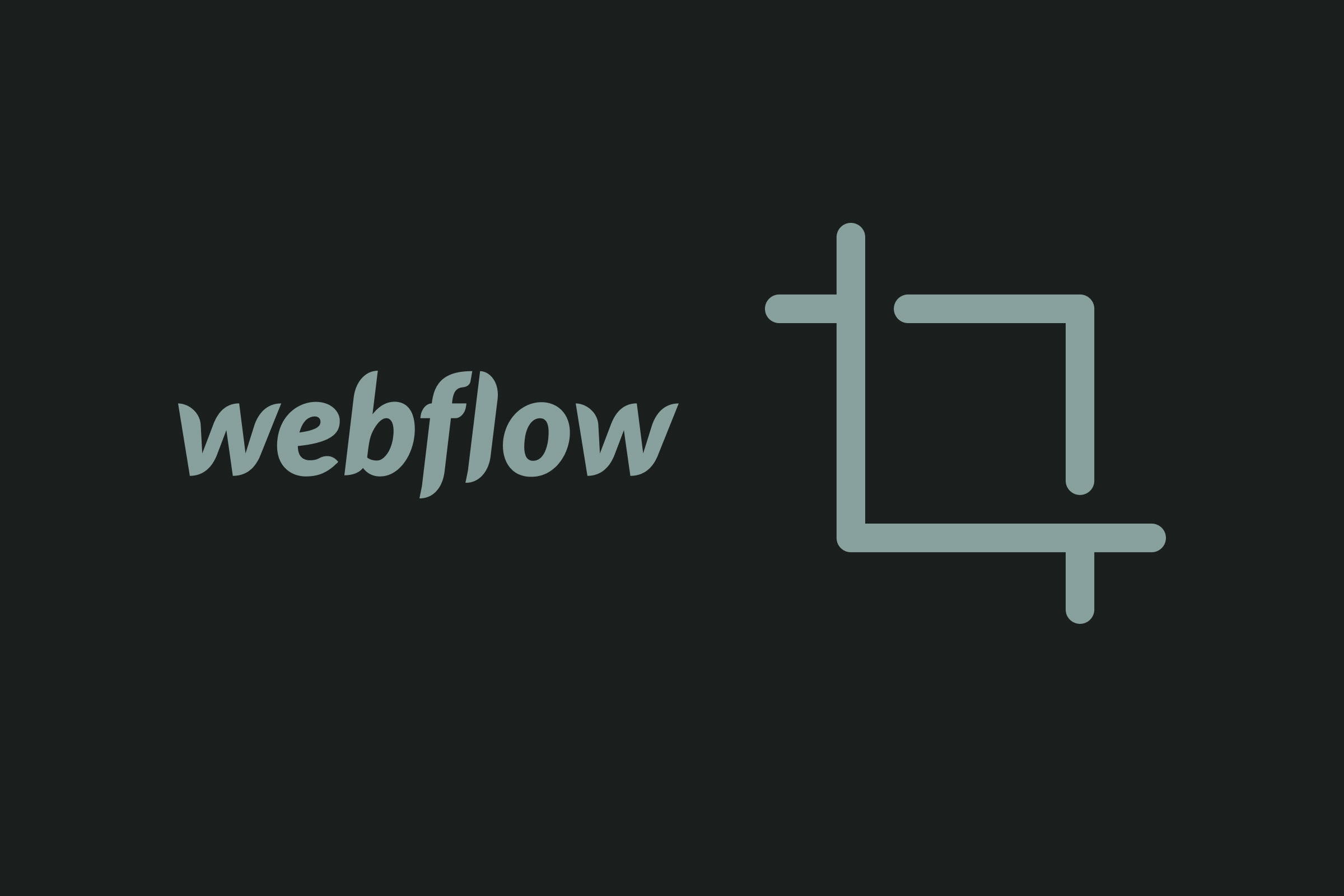









.jpg)

.jpg)



.jpg)
